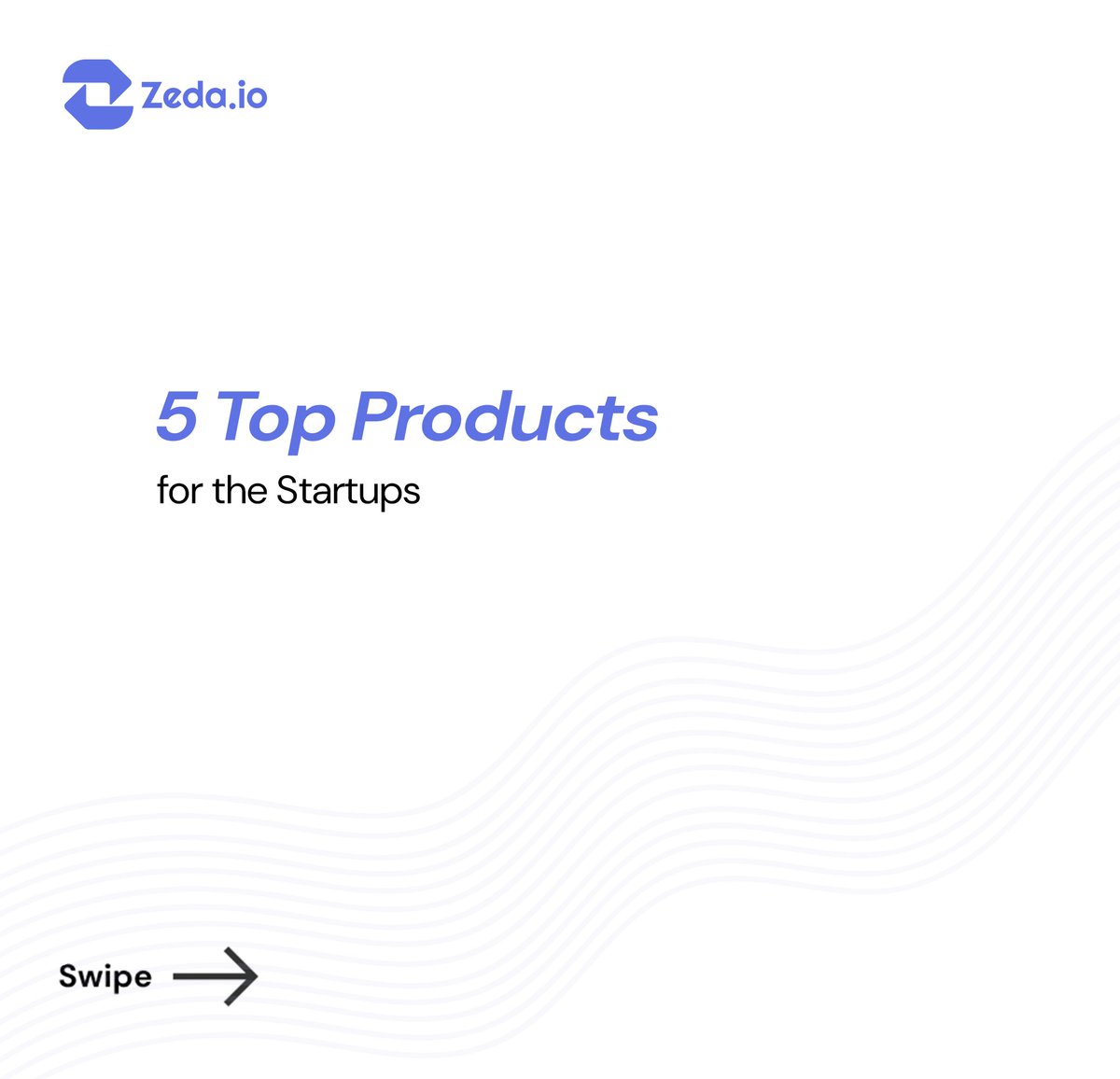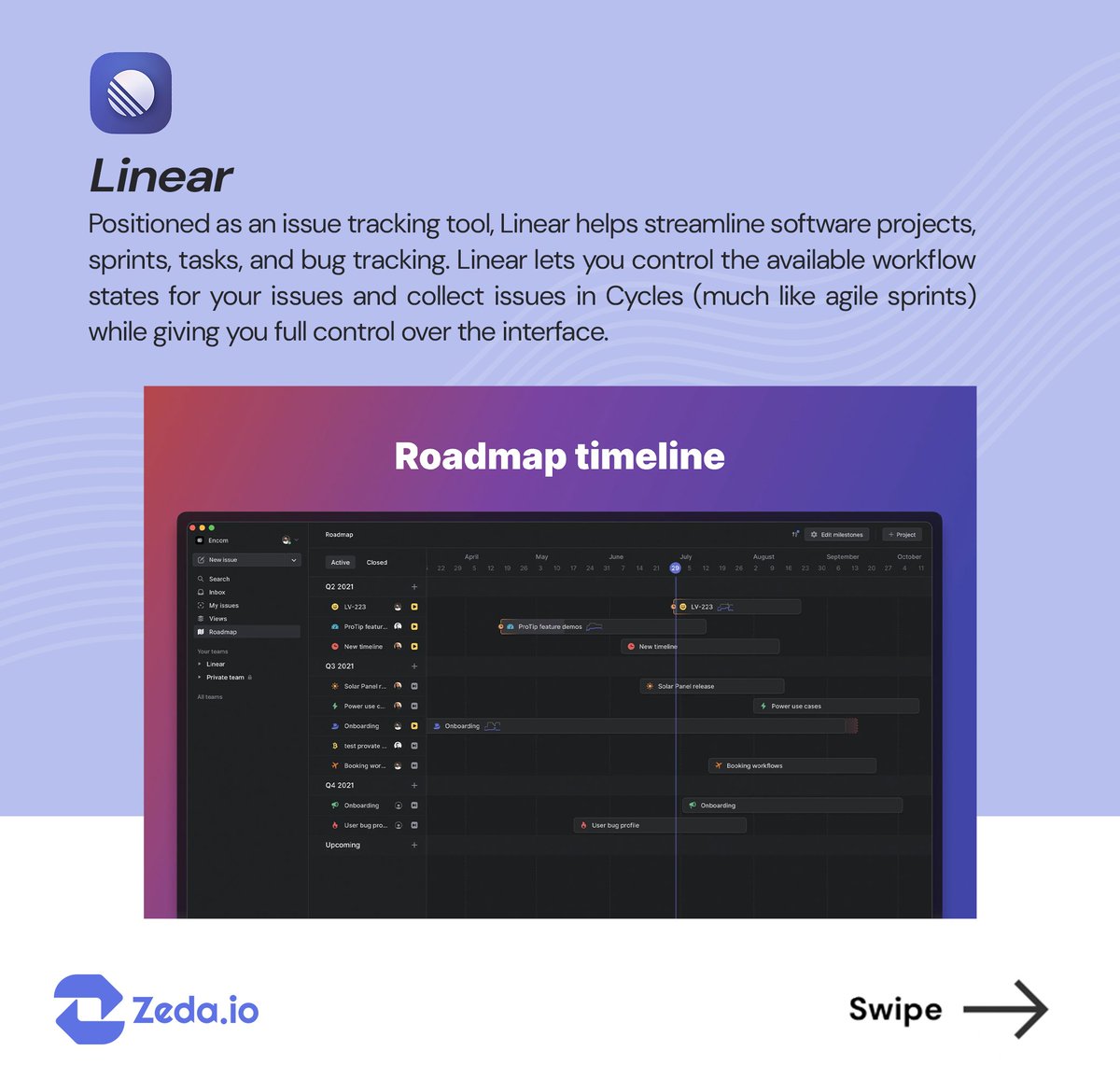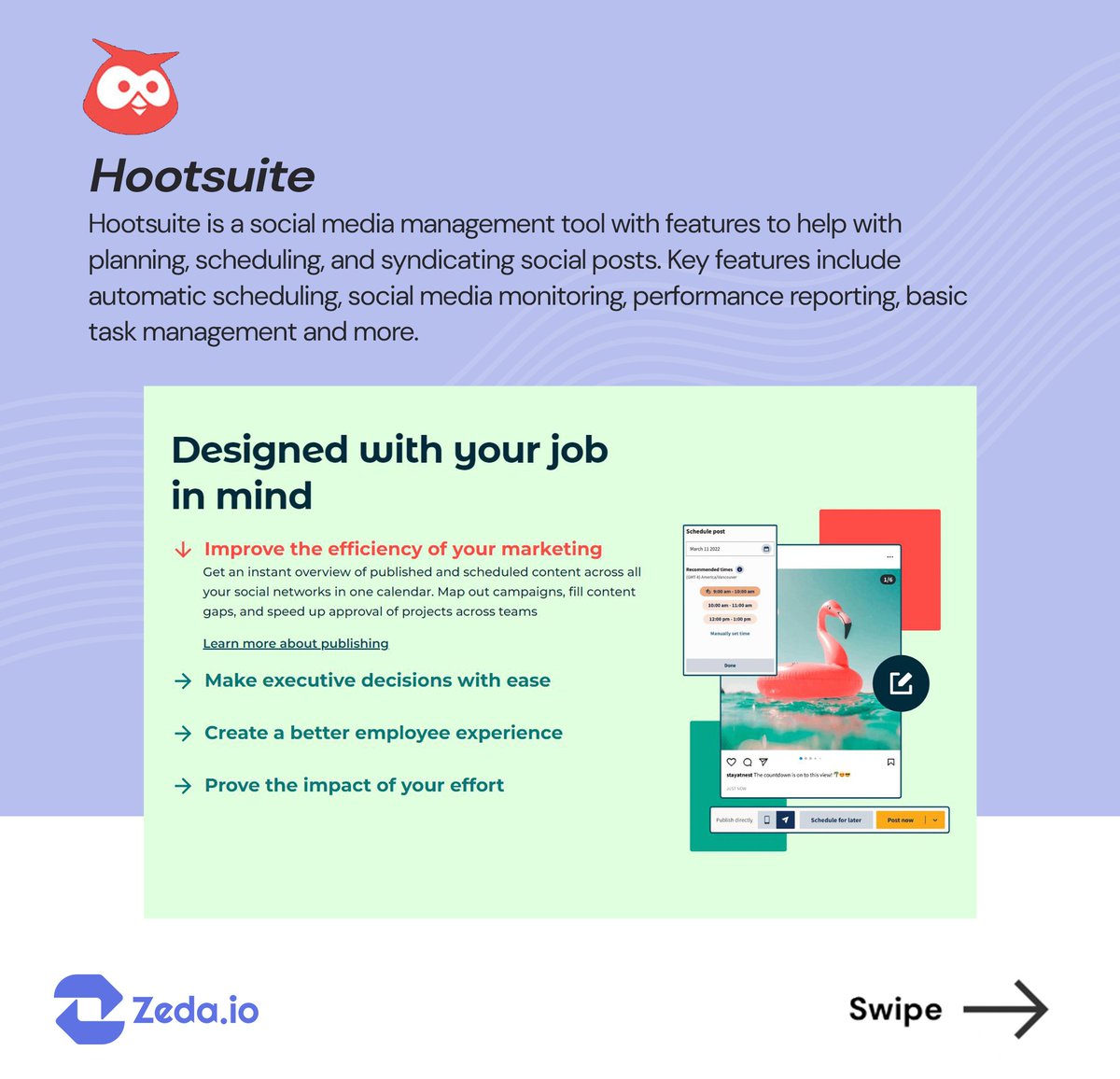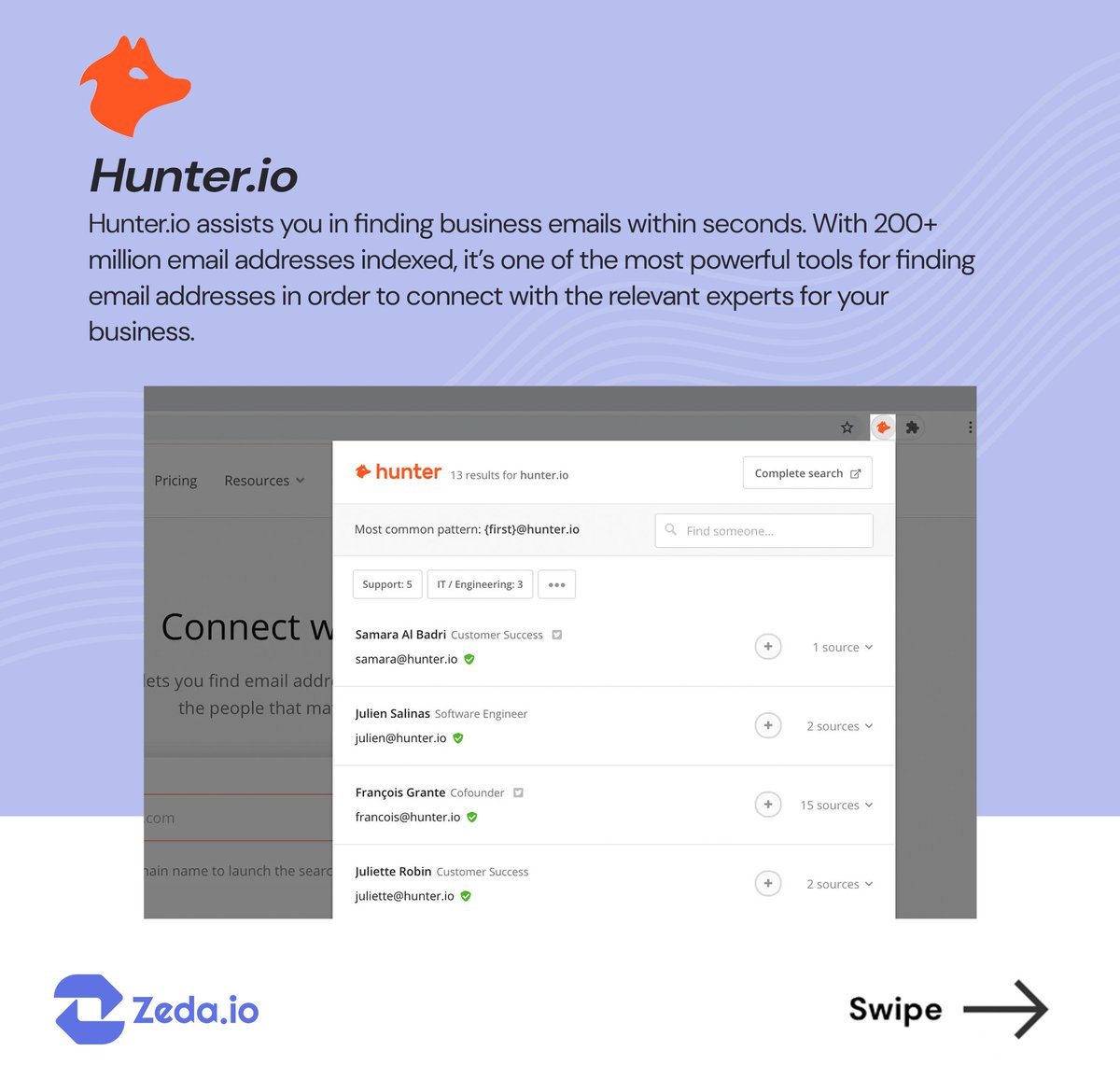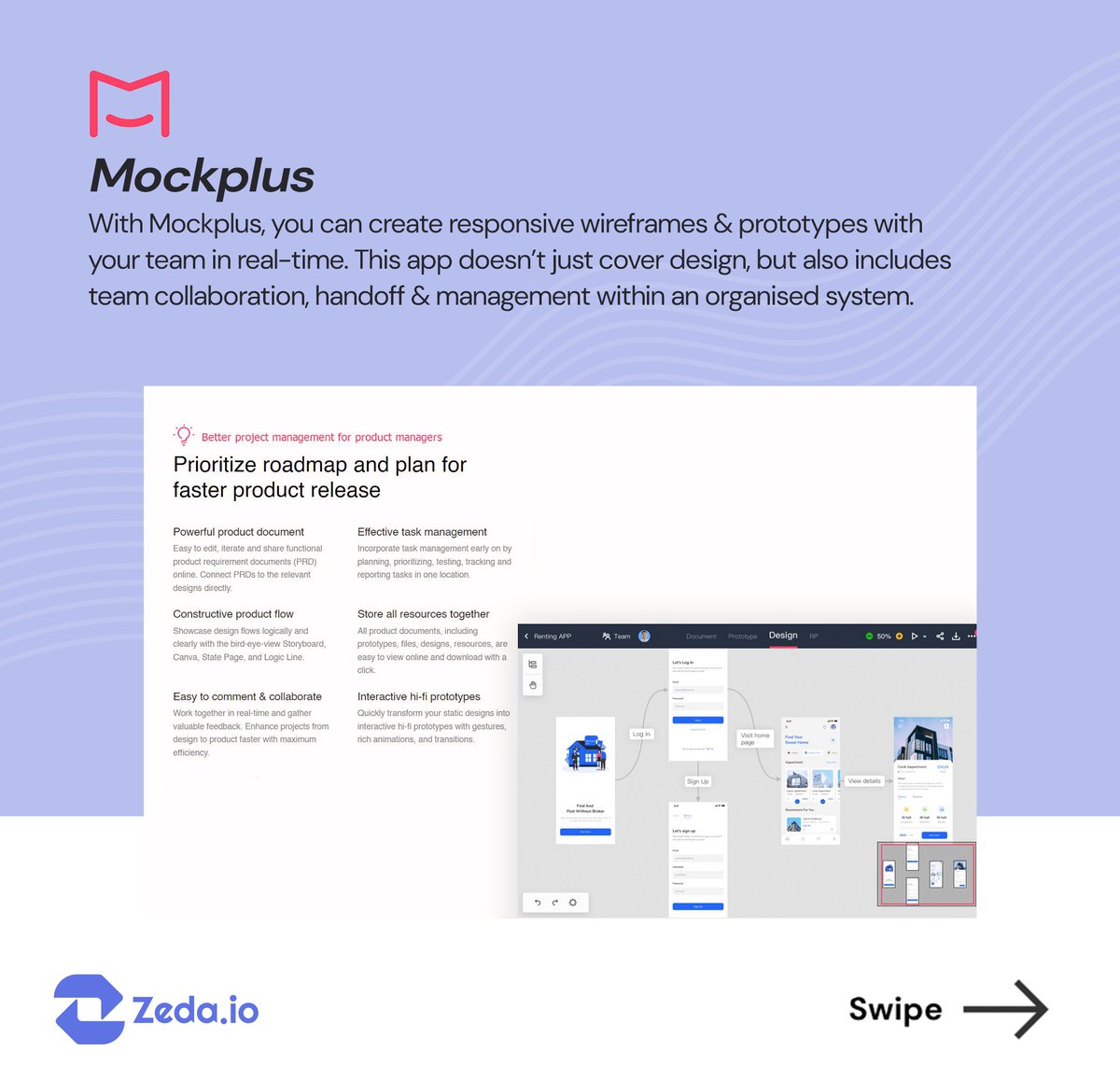Before going further, always remember:
• It's always a team effort.
• Retention is key to growth.
• It's rare a product grows without marketing.
Okay, let's go:
1/ Find out your wedge and double down.
Wedge: It is simply a strategy to win a large market by initially capturing (1) a tiny part of a larger market or (2) a large part of a small adjacent market.
Our wedge was our unique point-of-view.
Our POV gave the AHA! moment.
2/ It's never one person game.
You need 3 kinds of players: a visionary, executor and processor.
I was the executor, my boss a visionary & my other two key teammates were amazing at processing and making it work.
Lesson:Find a great combination that feels like magic.
3/ Category creation and innovation do pay off.
Our product created its category and innovated its field.
It was a unique sub-category & take on learning.
The timing was right in this case.
Category drives POV & growth.
4/Product-channel fit is always evolving.
Products are built to fit with channels. Channels do not mold to products.
I grew the product with solely two channels i.e. Google Ads & Facebook ads.
Then, I found Tiktok working for us -- we found a new channel fit.
5/ Brand storytelling makes a huge difference.
Instead of selling our point of view only, we sold transformation.
Our customers saw a huge difference in 6 months after using the product.
We made them heroes. We told their stories. We showed their transformation.
6/ Authority is a psychological principle that does make a difference.
Because the founder was an authority in the space.
We exploited the story because it scroll stopped and made people pay attention.
7/ Commit to a niche, instead of trying to be everything to everyone.
Our niche: wealthy homeschooling and gifted kids' parents.
I just doubled down on the messaging that resonated with them.
It worked like a charm. What's a sub-niche you can try?
8/ Be delusional and make unrealistic goals that scares you.
My motivation was to work for the vision but my boss's unrealistic goal pushed me even further.
We wanted to grow $3Mn to $10Mn within 3 months. I thought my boss was BS-ing.
Somehow we believed in it, and it worked.
9/ A channel fail doesn’t mean, you failed.
In my first month, I lost the company $40,000 on Google ads.
I spent $150K on influencer marketing, the ROAS was abysmal.
Failing is growth. Failing is part of figuring out
10/ Your pricing defines how fast you grow.
I've worked for 3 cost-effective brands, and 2 high-priced products. I have high- priced products grow faster.
Our product was expensive so it disqualified a lot of bad customers.
Our CAC to LTV ratio was 1:10.
11 / Refine and scale your existing channels
My Google ads were working fine but I hired a specialist.
At scale, hire a specialist to do their job or at least some dedicated.
Below were the changes we made to our Google ads:
12/ Rapid experimentation with messaging --> documenting learning.
Most orgs are experimenting but not documenting.
When you don't document, the new folks will make the same mistakes.
We tested weekly what messaging resonated on our homepage.
This gave us deeper insights.
13/ Don't just convert, activate.
We were getting 10-15% leads on our home but we didn't convert them enough.
After talking to customers, I learned that people had nuanced questions and wanted to get closer to the founding team.
We added: Educational & orientation webinars
14/ Make it easier to pay and gauge intent.
If your product has a demand but not enough conversions.
You might have too much friction to pay.
Our sign-up flow took 2-3 days for someone to pay. We made it 5mins by adding Typeform (40% conversion lead to paid).
If you enjoyed this thread:
1. Follow me
@aazarshad for more thought-provoking marketing content to help you get better.
2. RT the tweet below to share this with others who might enjoy it :)
Want to get insights, mindsets, frameworks, and mental models and become smarter about growth marketing?
Join 1500+ other people learning from the best marketers:https://t.co/0fZygav1tG
P.S. If you have a product-market fit, then reach out for paid acquisition and growth marketing via DMs.

